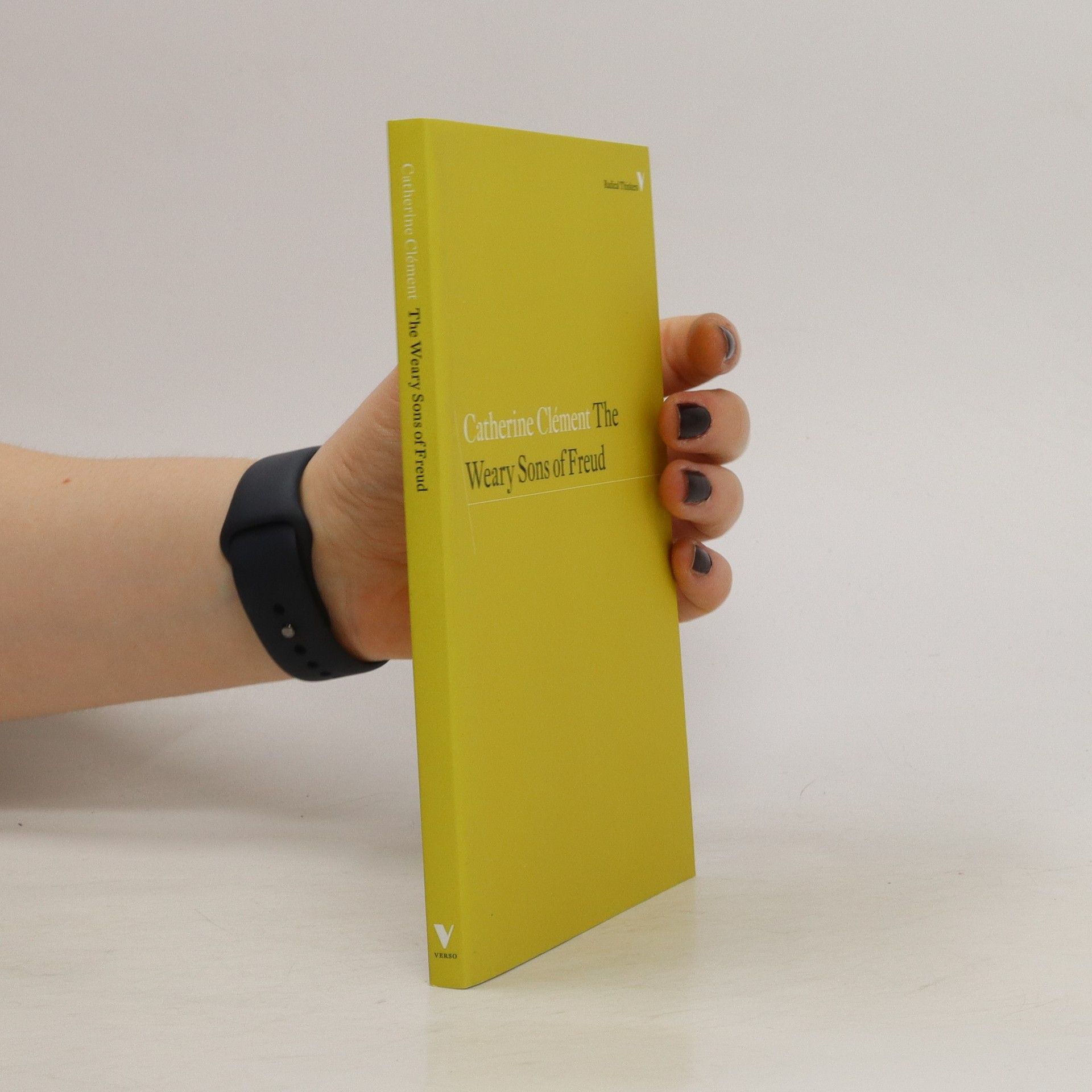There were virtually no women film directors in germany until the 1970s. today there are proportionally more than in any other film-making country6, and their work has been extremely influential. Directors like Margarethe von Trotta, Helma Sanders-Brahms, Ulrike Ottinger and Helke Sander have made a huge contribution to feminist film culture, but until now critical consideration of New German Cinema in Britain and the United States has focused almost exclusively on male directors such as Rainer Werner Fassbinder and Wim Wenders. In Women and the New German Cinema Julia Knight examines how restrictive social, economic and institutional conditions have compounded the neglect of the new women directors. Rejecting the traditional auteur approach, she explores the principal characteristics of women’s film-making in the 1970s and 1980s, in particular the role of the women’s movement, the concern with the notion of a ‘feminine aesthetic’, women’s entry into the mainstream, and the emergence of a so-called post-feminist cinema. This timely and comprehensive study will be essential reading for everyone concerned with contemporary cinema and feminism.
Questions for FeminismSeries
This series delves into the core of feminist thought, exploring its diverse currents and ongoing challenges. It offers a critical examination of key concepts and historical trajectories within the movement. Readers can expect thought-provoking essays that encourage reflection on the present and future of equality.


Recommended Reading Order
The Weary Sons of Freud
- 115 pages
- 5 hours of reading
A Communist, feminist, and analysand asks what the social function of psychoanalysis should be and condemns what it has become The Weary Sons of Freud lambasts mainstream psychoanalysis for its failure to grapple with pressing political and social matters pertinent to its patients’ condition. Gifted with insight and compelled by fury, Catherine Clément contrasts the original, inspirational psychoanalytical work of Freud and Lacan to the obsessive imitations of their uninspired followers—the weary sons of Freud. The analyst’s once attentive ear has become deaf to the broader questions of therapeutic practice. Clement asks whether the perspective of socialism, brought to this study by a woman who is herself an analysand, can fill the gap. She reflects on her own history, as well as on that of psychoanalysis and the French left, to show what an activist and feminist restoration of the talking cure might look like.